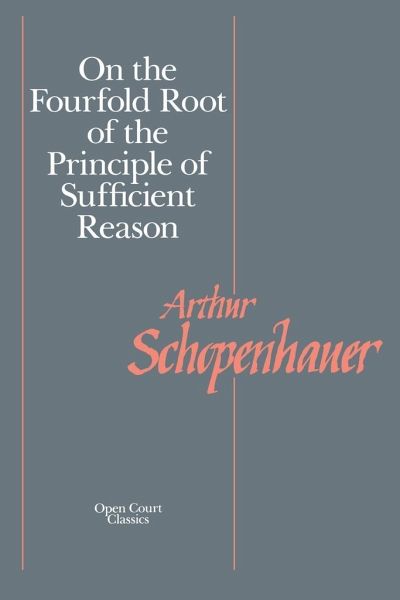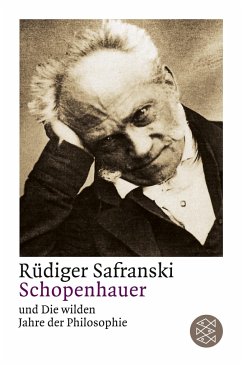Born on February 22, 1788, Arthur Schopenhauer died on September 21, 1860. He was a German philosopher. He is best known for The World as Will and Representation, which he wrote in 1818 and later improved on in 1844. In it, he says that the phenomenal world is the expression of a blind and irrational noumenal will. Building on Immanuel Kant's (1724-1804) transcendental idealism, Schopenhauer came up with an atheistic way of thinking about reality and right and wrong that was different from the ideas of German idealism at the time. Many important ideas from Indian philosophy, like asceticism, rejection of the self, and the idea of the world as appearance, were shared and affirmed by him before anyone else in Western philosophy. People have said that his work is a great example of philosophical gloom. Even though Schopenhauer's work didn't get much attention while he was alive, it had an effect on many fields after he died, such as philosophy, writing, and science. A lot of artists and philosophers have been affected by what he wrote about art, morality, and psychology. In 1803, he went on a trip with his parents to Holland, Great Britain, France, Switzerland, Austria, and Prussia. Heinrich saw the trip as mostly a vacation, but he also used it to meet up with business contacts abroad.
















